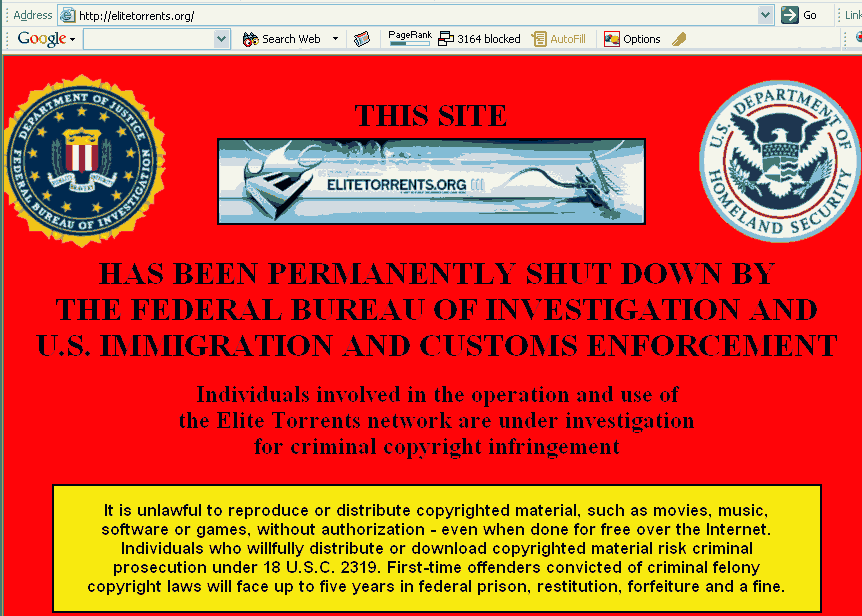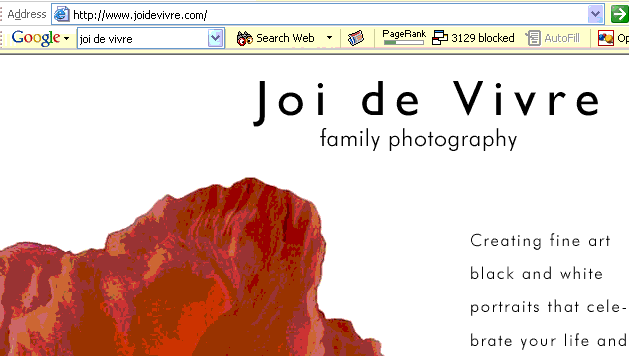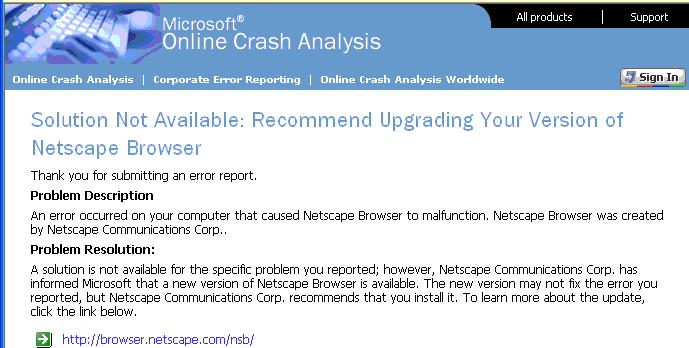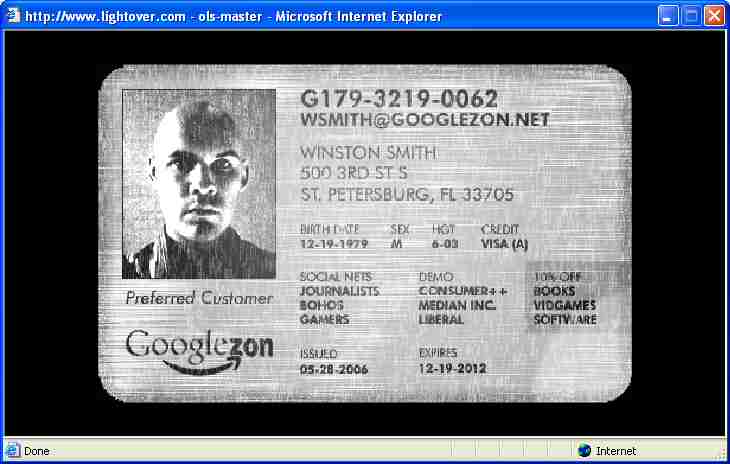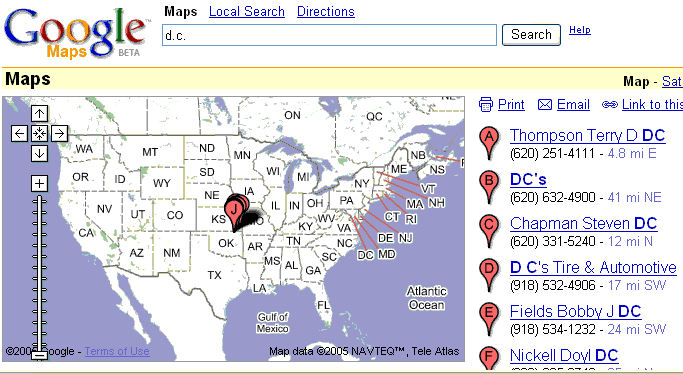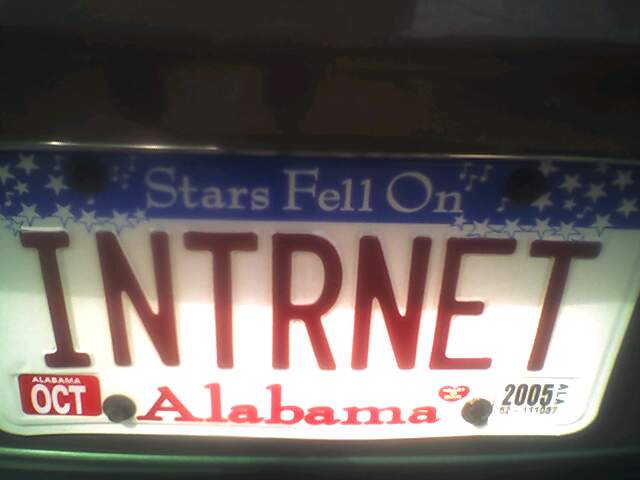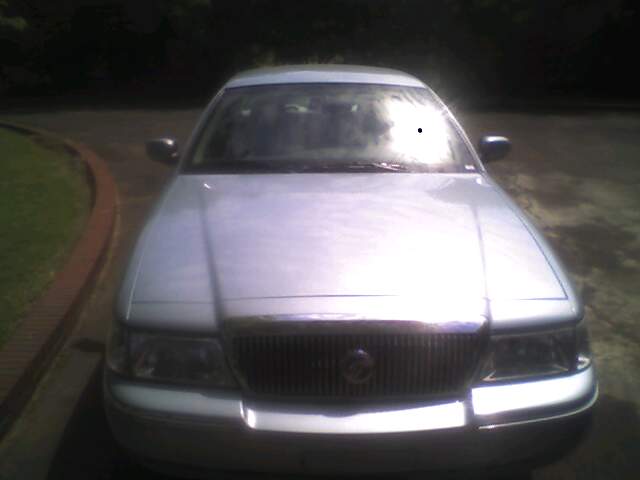See: Fatal failure halts installation of 911 caller-ID system
For over a year I've worried that as people flock to Voice over IP (VOIP) local phone service -- using your broadband Internet connection to replace your old-fashioned analog telephone -- someone would experience a similar tragedy. If an emergency strikes during a power outage, your VOIP service can't complete a phone call -- not even to 911.
VOIP telephony providers have a competitive advantage over traditional phone companies: they're not assessed fees, such as the fee to support the 911 system. They also don't provide the kind of 911 services that real phone companies do:
- Normally the 911 system can locate the origin of a land-line phone call. This has saved many lives, in cases where the caller is barely able to speak. We know of cases where a 4 year old who don't know his own address called 911 and saved a parent's life: the 911 system told the paramedics where to go. In one case recently documented, a helper dog hit a programmed button to dial 911 when its owner fell ill, saving the life of the woman he was trained to care for. These stories would not be possible with VOIP technology; currently, it cannot give rescue personnel the caller's location.
- The old Bell System phone companies -- called "incumbent local exchange carriers" by the regulatory crowd -- can provide telephone service for many hours during a power outage. They use battery backup to power the system until the electric company restores power. With VOIP, if you don't have electricity, your home telephone is dead, and therefore you can't call 911. (Your cell phone may not work either.)
The FCC recently mandated that VOIP providers must provide 911 locator services. My question is how they will mandate that your broadband service complete the 911 call during a power outage?
Your old-fashioned phone service will last for hours or days during a power outage. The Bell System built a "local loop" network that ensured that telephones work during power outages. Your phone connects to a "central office" that has massive banks of batteries to keep the phones and switches online. Here's a photo I shot of the battery banks at the central office of a traditional Bell System provider:

Even today, local phone companies expend a lot of dollars and effort keeping those batteries charged, ensuring continuity of service during a power outage. I'm the last person to express love for SBC, but it's worth more than a little to know that when an ice storm takes out your electricity, your phone is likely to continue to work. I've experienced an inordinate number of power outages at my home in Okemos, but have never failed to get a dial tone when I call to report an outage to Consumers Energy. That's why I intend to keep an old-fashioned POTS phone line indefinitely.
VOIP providers don't have this infrastructure. If their power is out, in general, you can't complete a 911 call. Even if they do have uninterruptible power in their offices, that doesn't solve the problem:
- Your house needs battery backup. If your cable or DSL modem has no power -- heck, if your computer or Vonage phone has no power -- you can't complete a broadband phone call.
- Your broadband provider needs battery or generator backup for you to complete a broadband phone call.
- Every Internet link between you and your VOIP provider must have battery or generator backup in order for you to complete a broadband phone call.
The bottom line: if your home phone line is VOIP over residential broadband, it isn't going to work during a power outage. The FCC can order 911 locator standards for VOIP, but they can't mandate electricity backup from your house to your VOIP provider. If the masses flock to VOIP to replace their local loop phone service, people who critically need 911 service when the power is out will die. This outcome is entirely predictable -- I'm predicting it right now -- but I suspect the public doesn't understand this risk. I predict a multi-million dollar lawsuit when the first person dies because their VOIP phone is dead during an emergency.
And precisely how will the FCC force Skype to comply?
